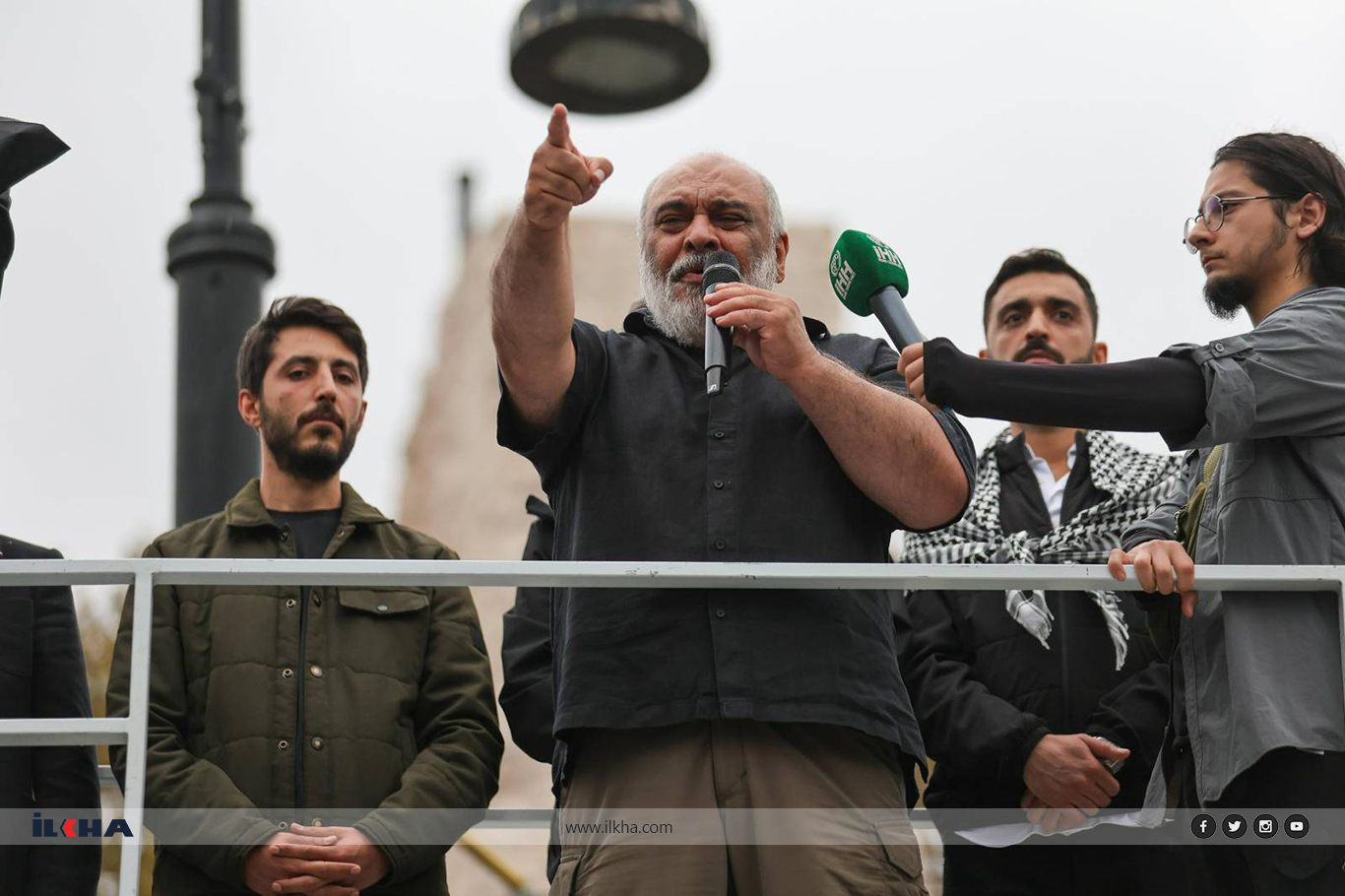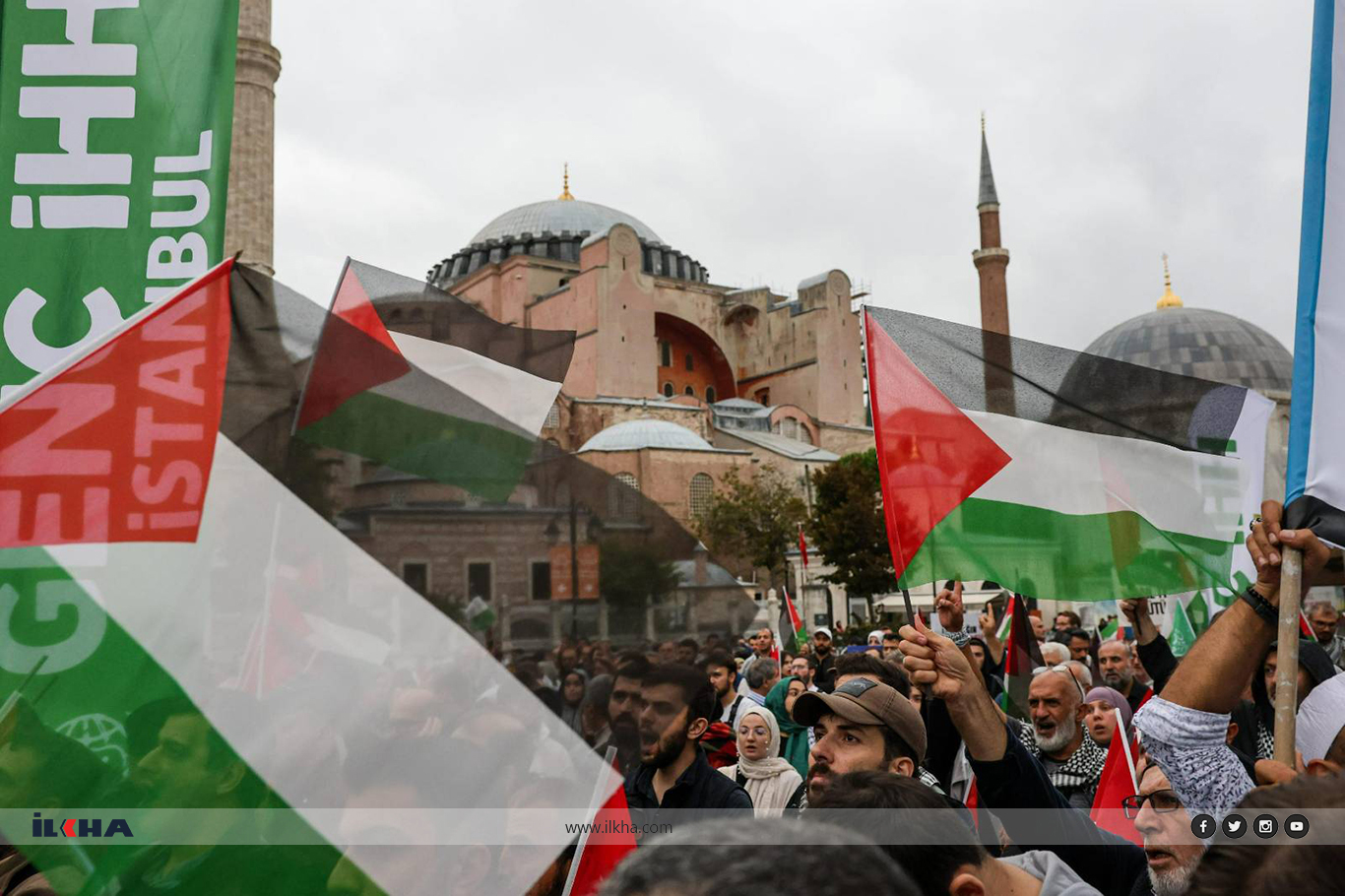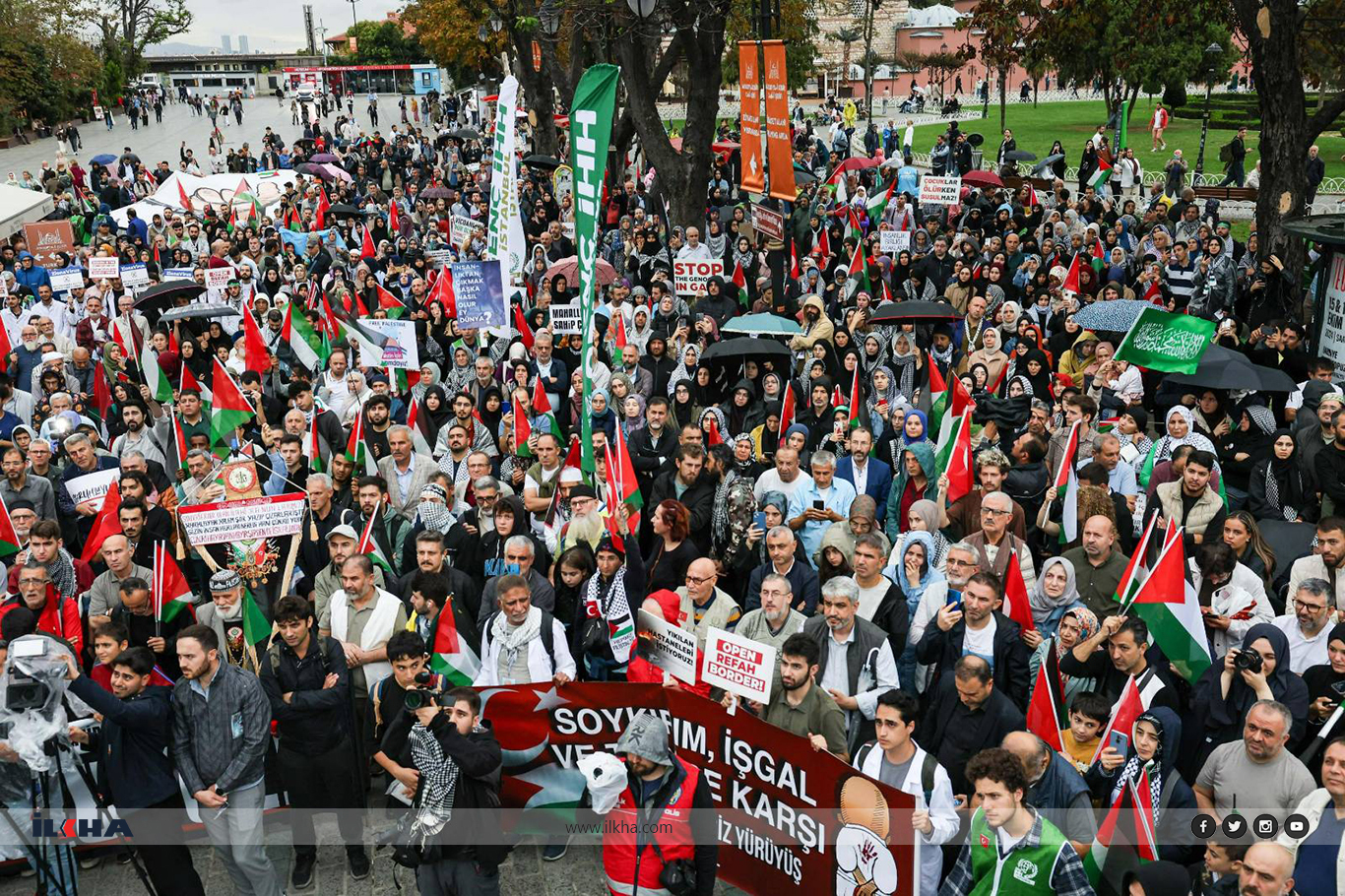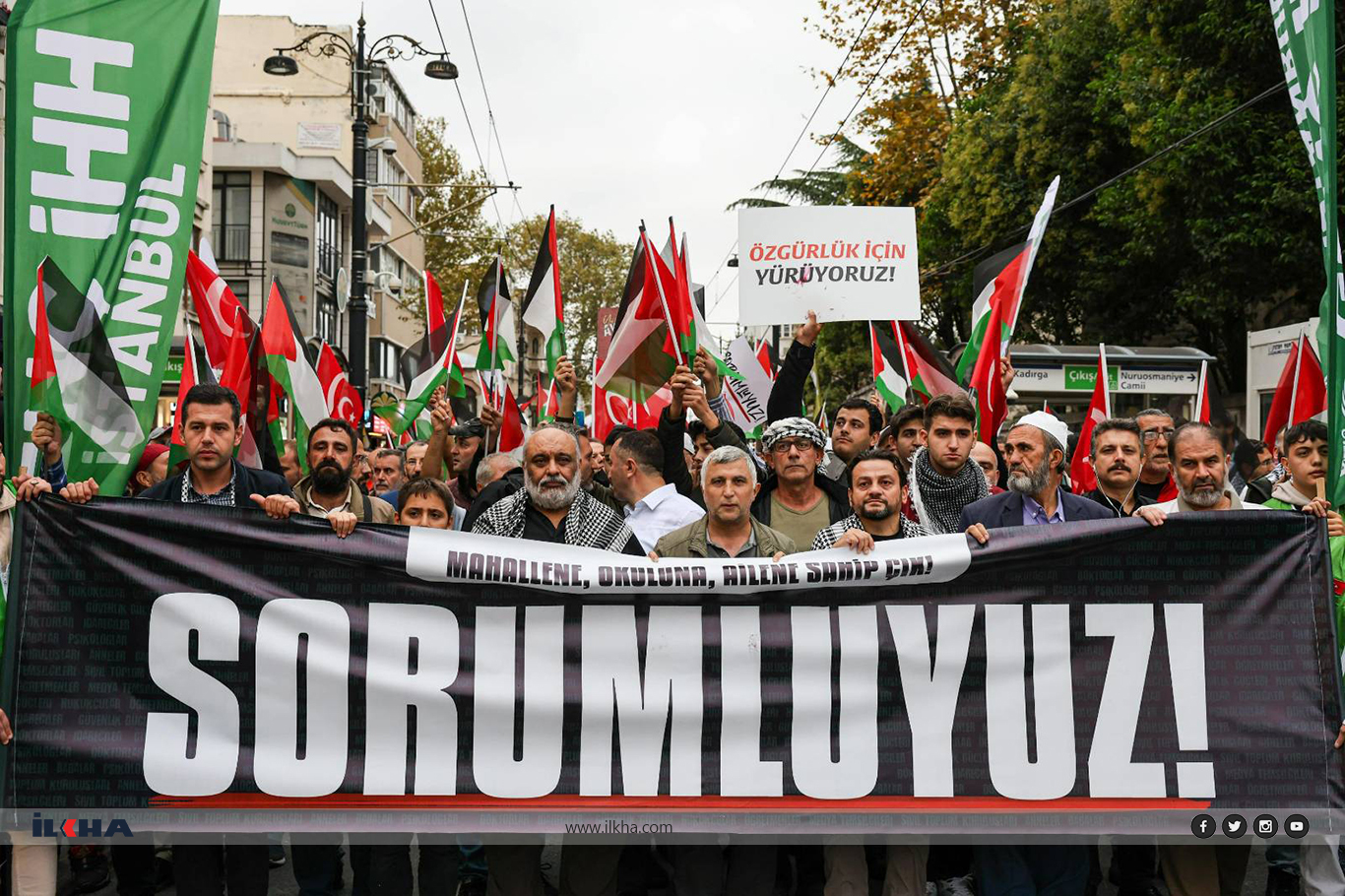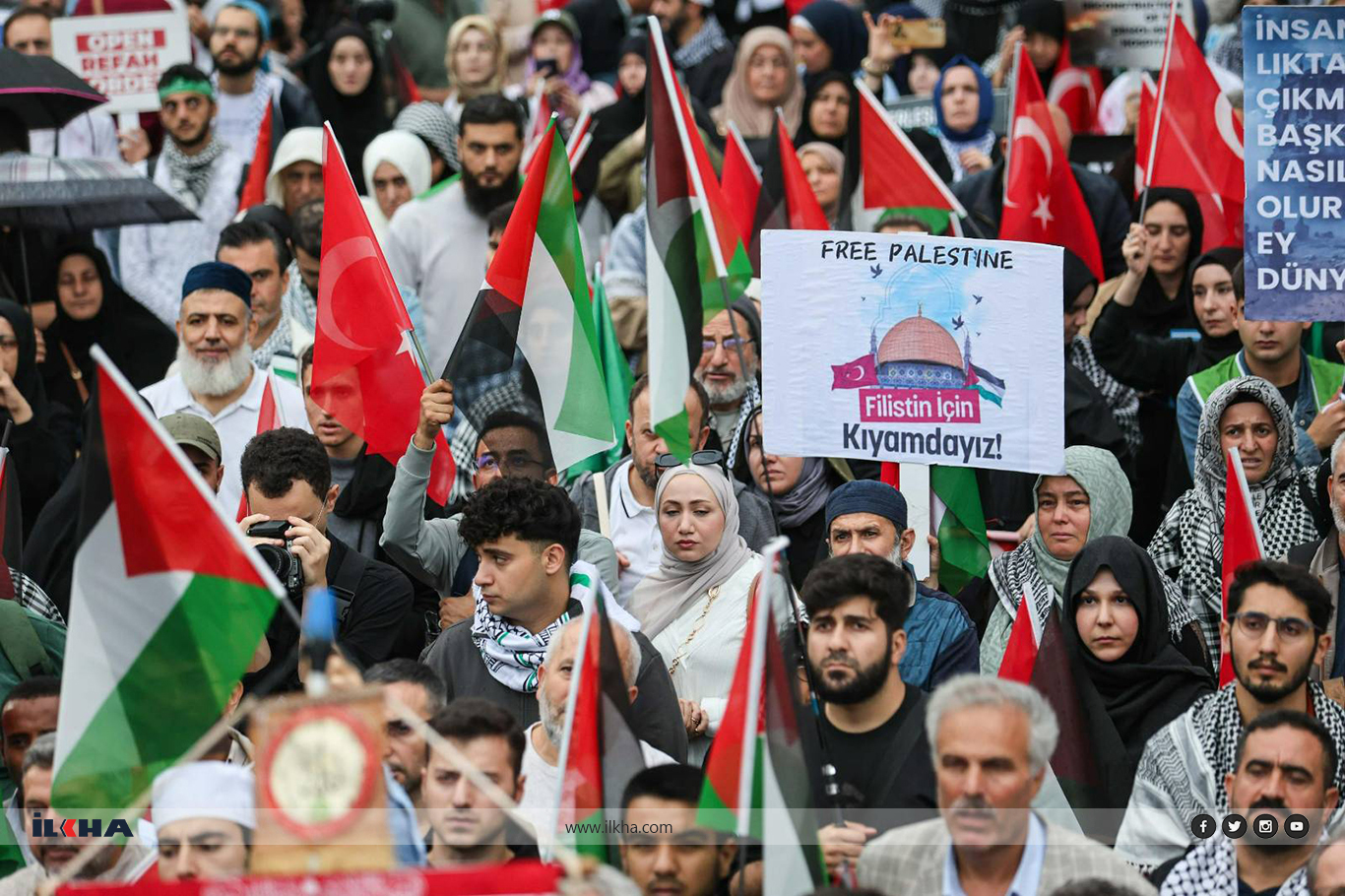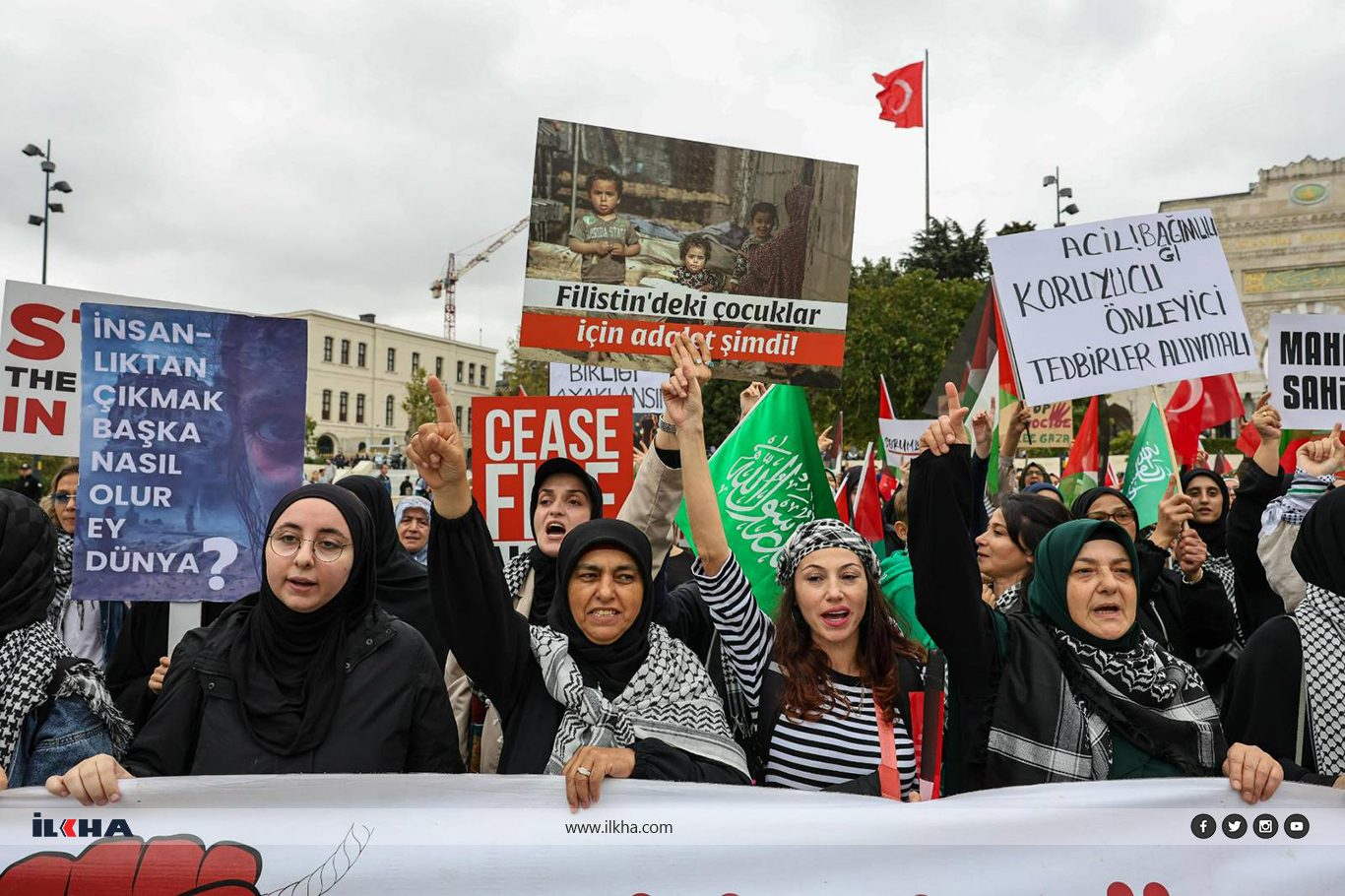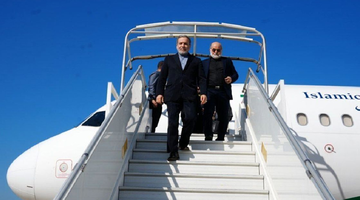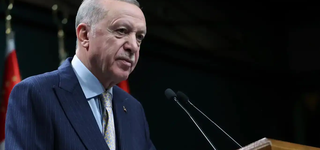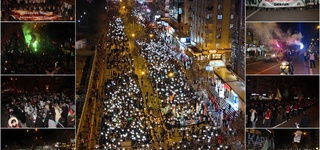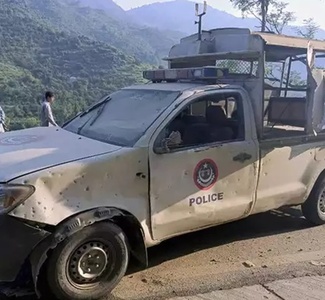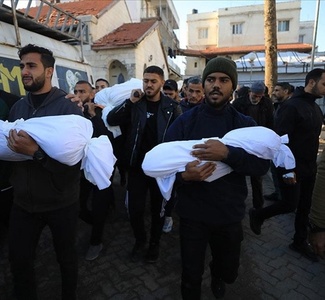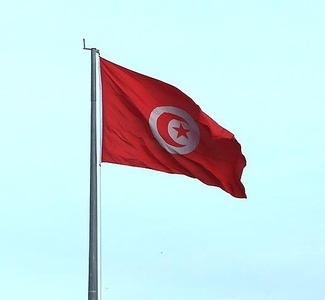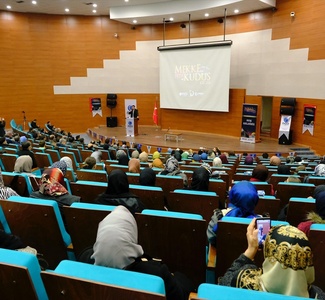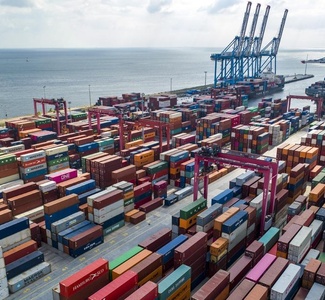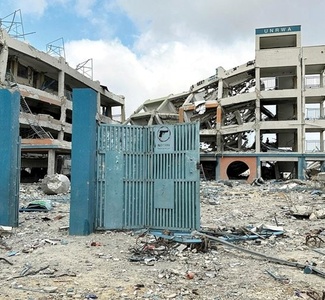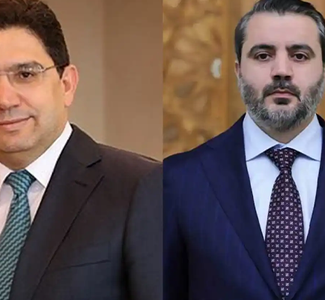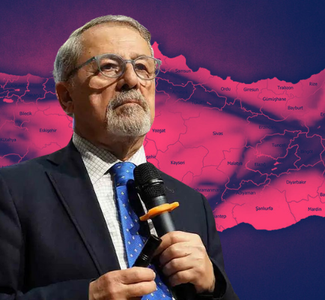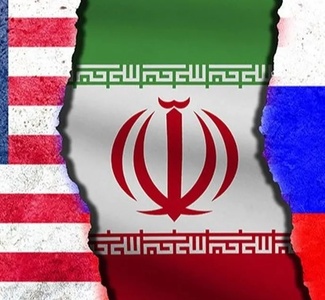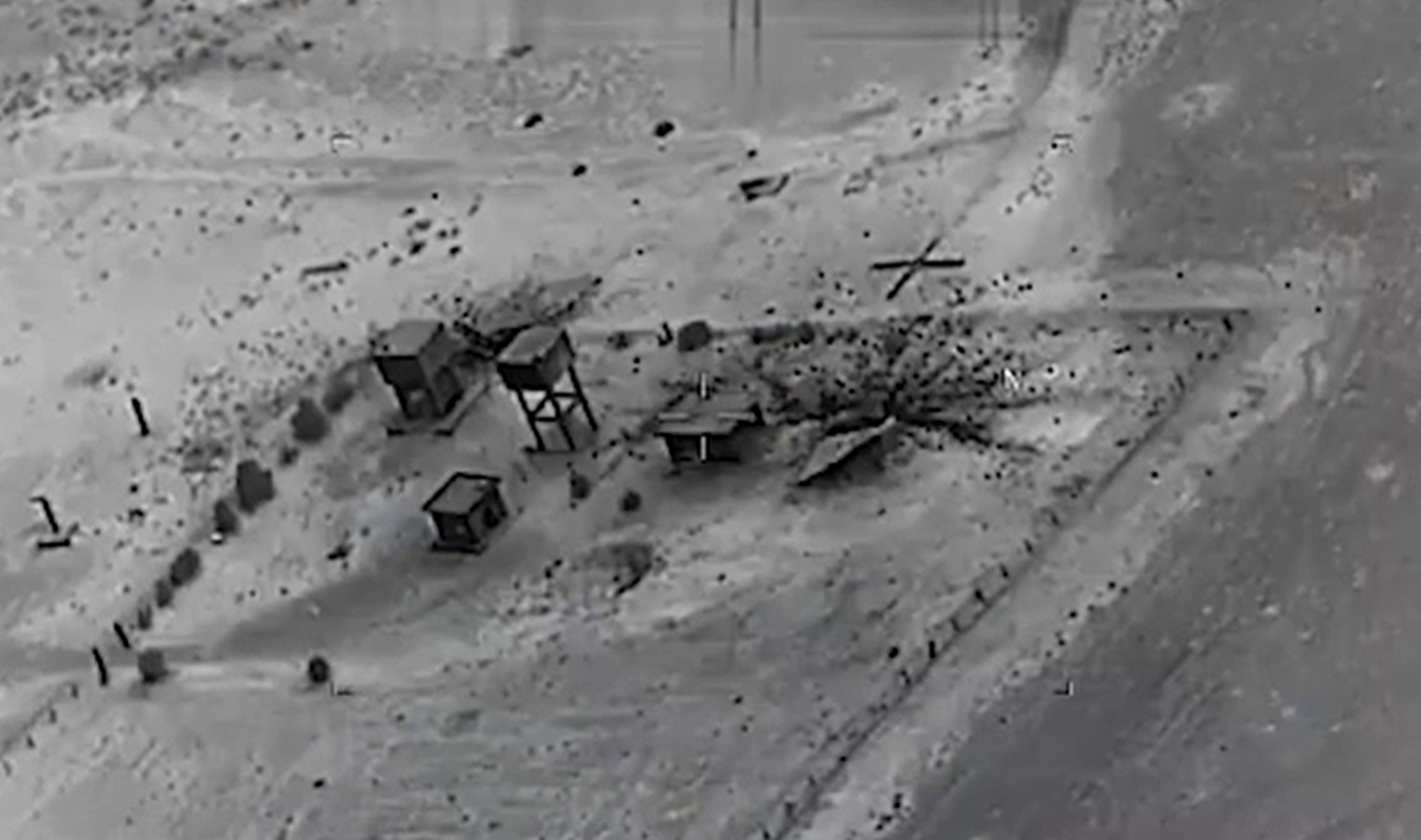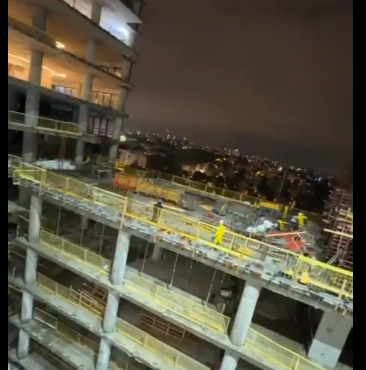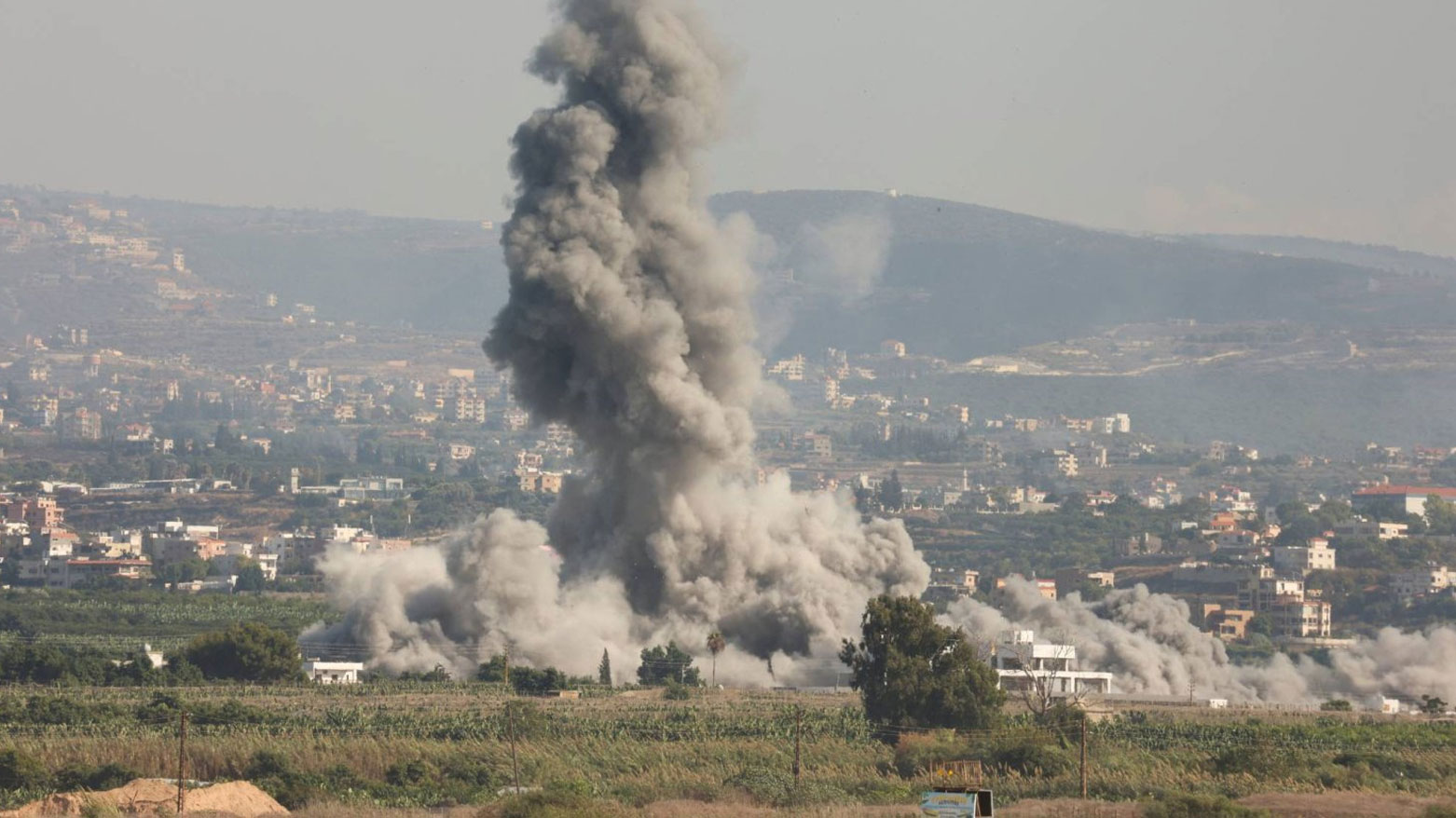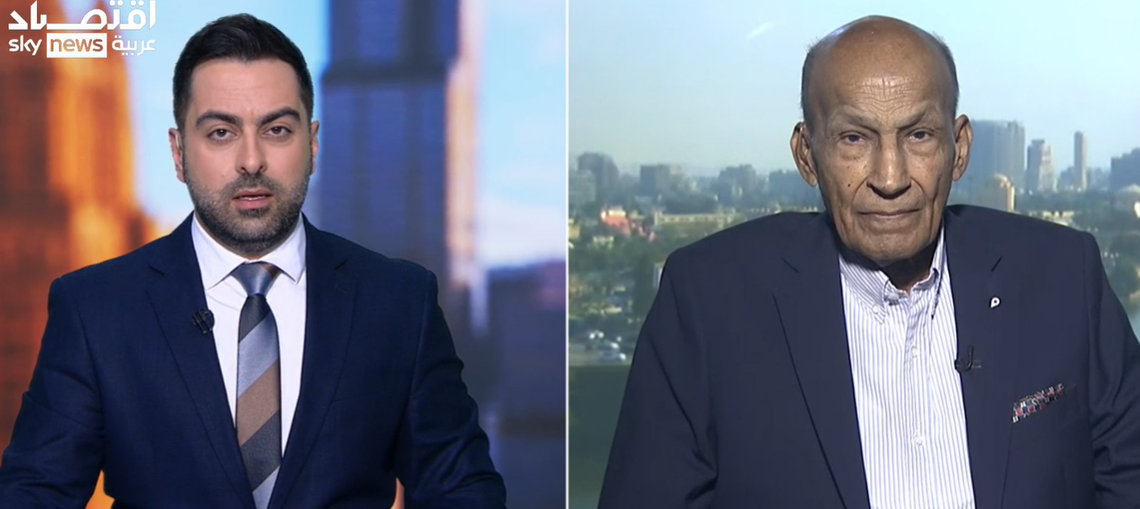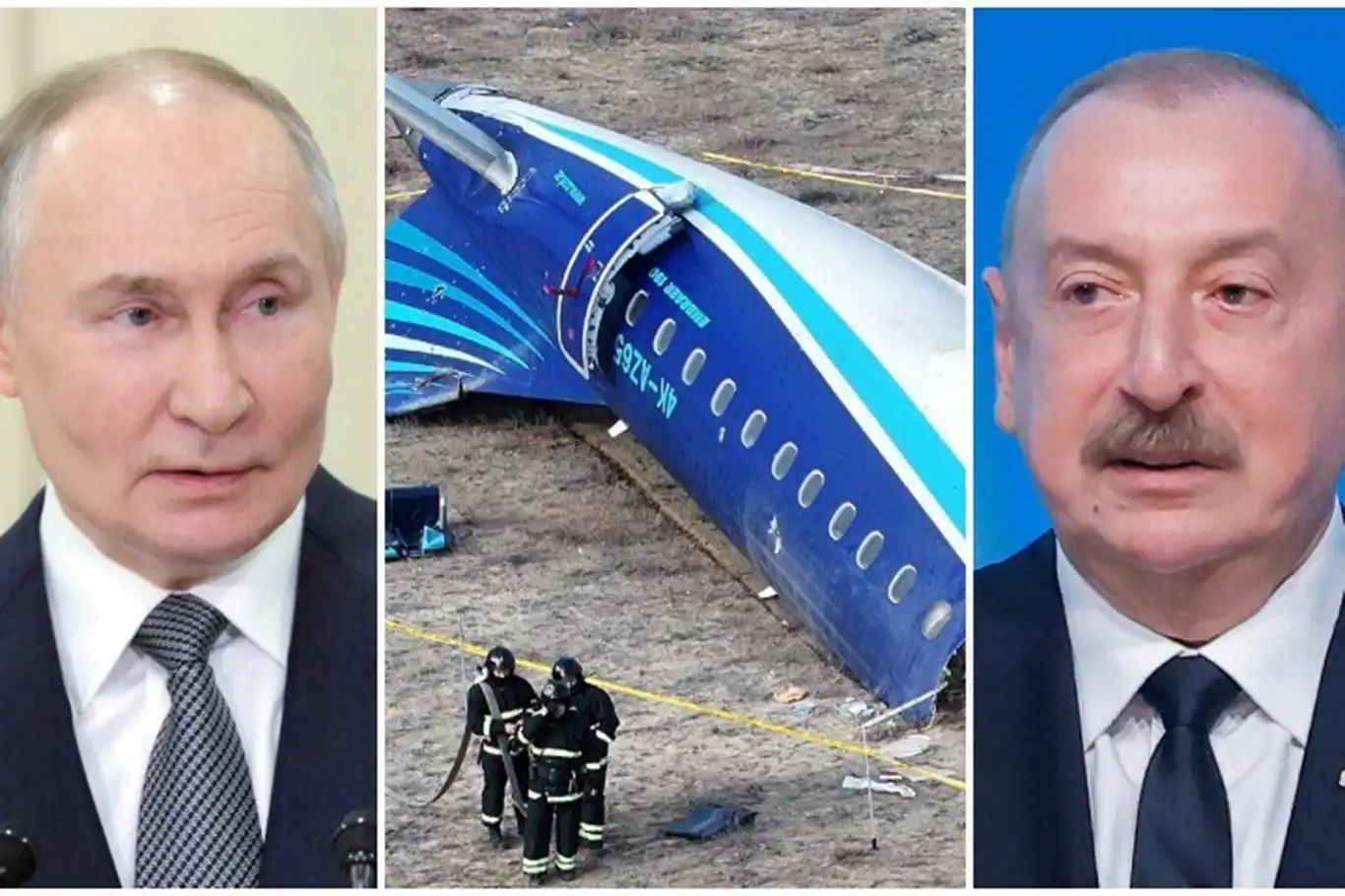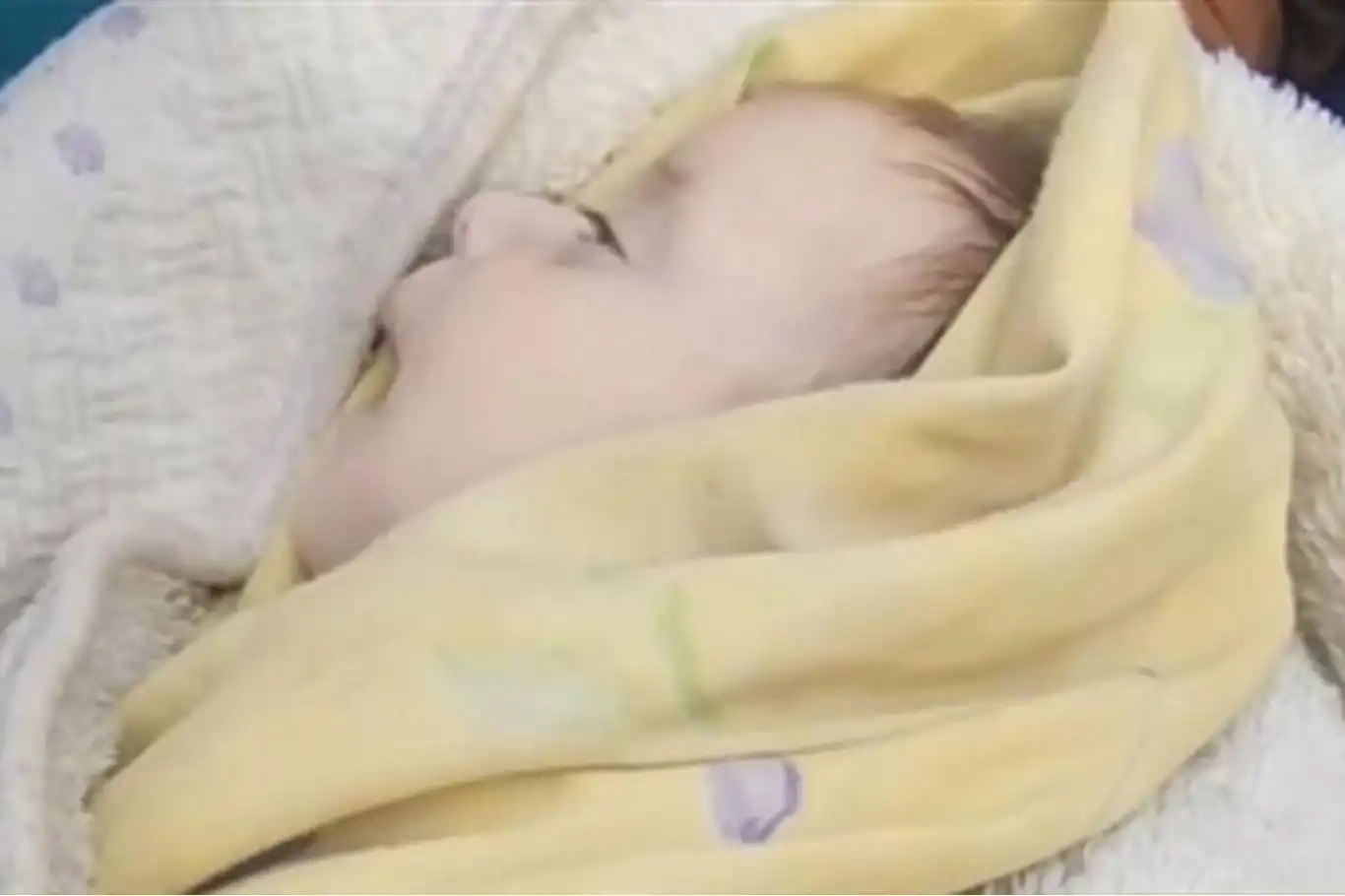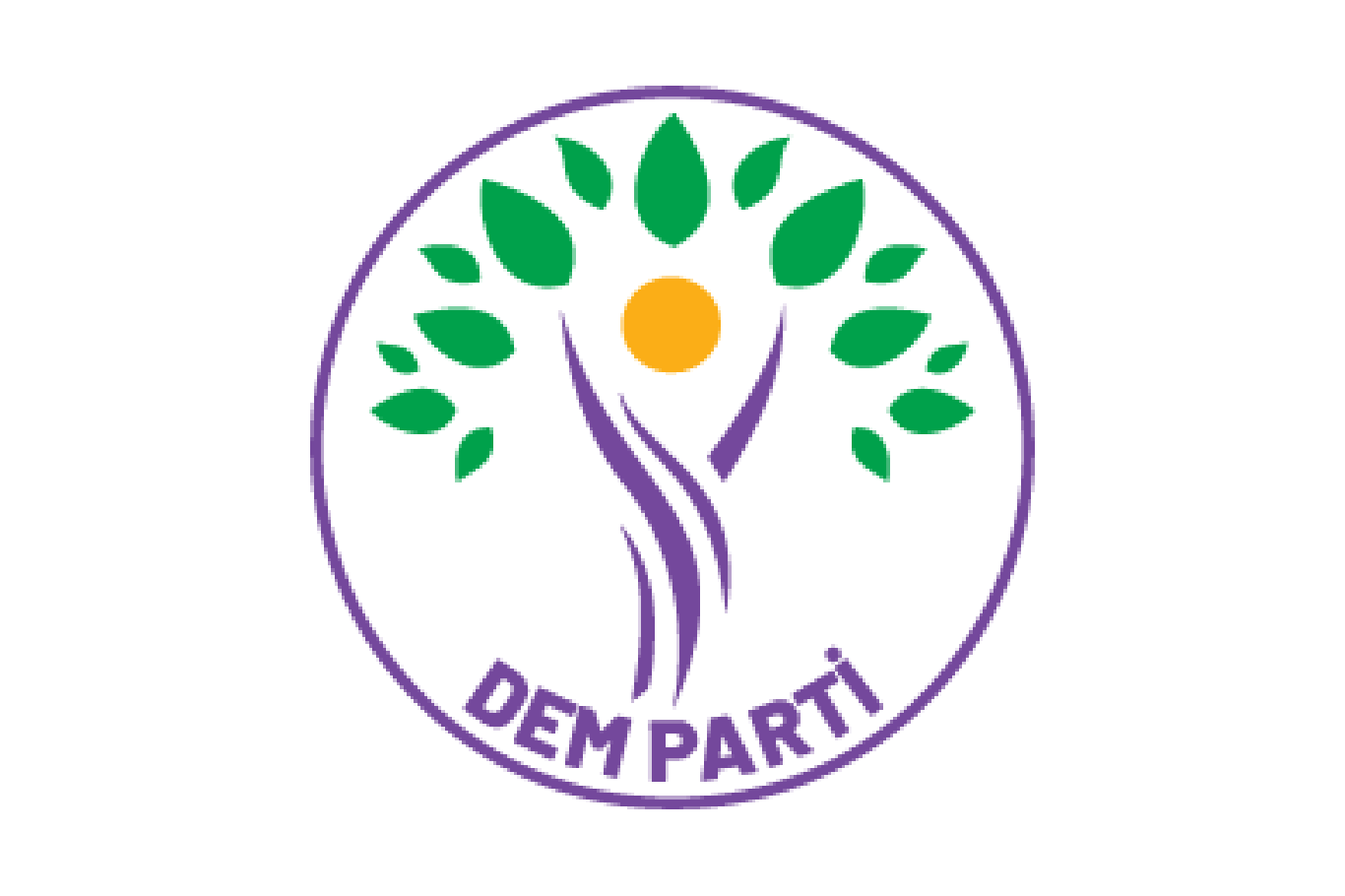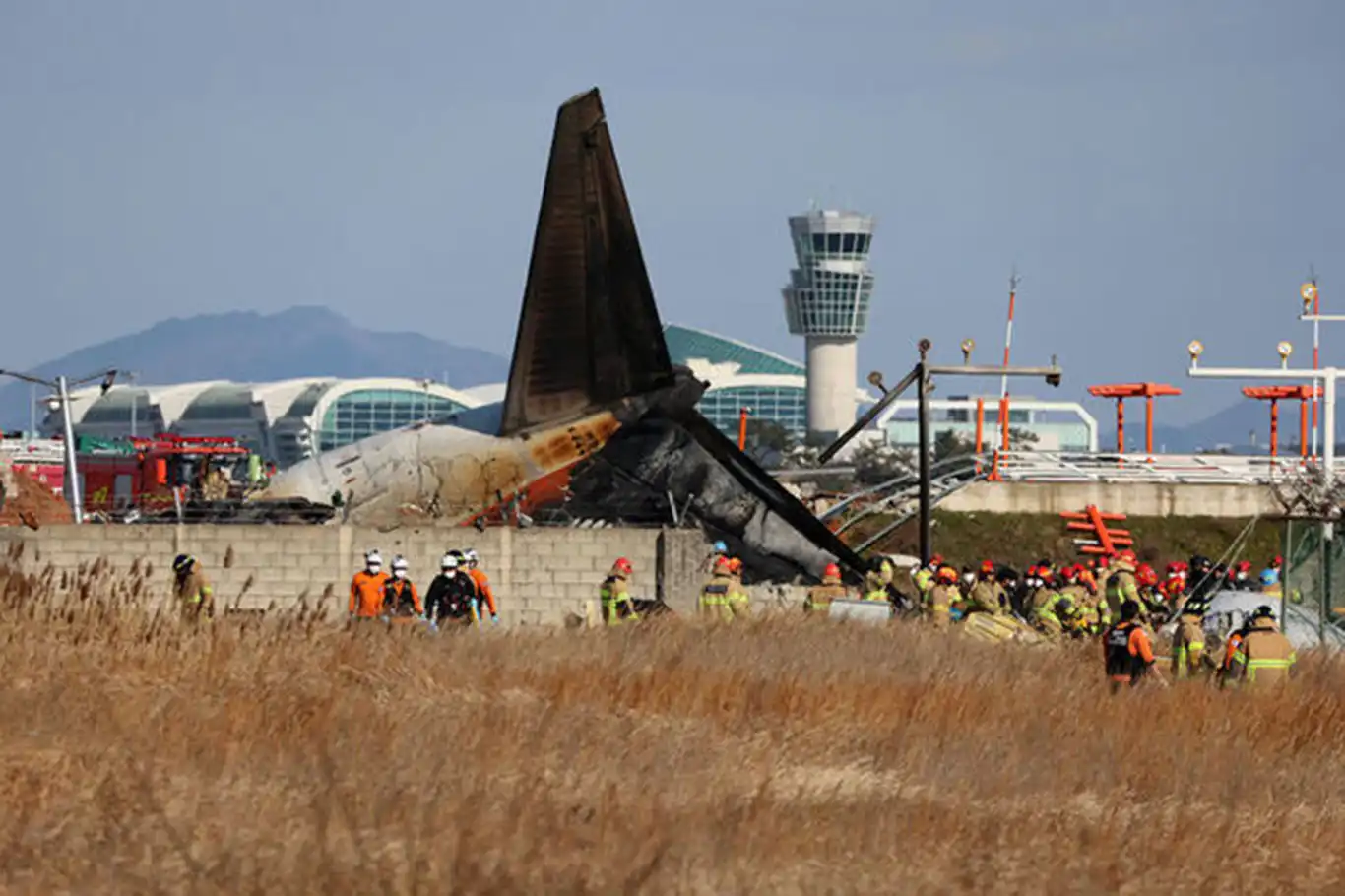Tens of thousands in Istanbul protest against Israel over Gaza genocide
Thousands of people gathered in Istanbul to express their outrage at the ongoing violence in Palestine and the increasing social unrest in Türkiye.
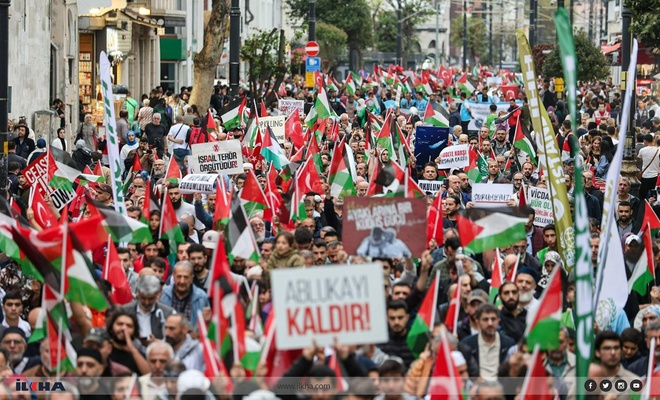
 Google News'te Doğruhaber'e abone olun.
Google News'te Doğruhaber'e abone olun. The march, which was organized by the Humanitarian Relief Foundation (IHH), brought together a diverse group of protesters who assembled at Beyazıt Square, wielding banners and chanting slogans that called for an end to the occupation of Palestinian lands and a renewed commitment to local moral and social values. The protest eventually culminated in a large gathering at Hagia Sophia Square.
The rally was driven not only by anger over the tragic events unfolding in Palestine but also by a deep concern for the domestic challenges facing Türkiye. Protesters raised their voices against the perceived injustices committed by the occupation regime, but also addressed the broader societal decay that has seen an increase in drug abuse, family breakdowns, and a disconnect from traditional values.
The marchers’ chants—“Free Palestine from the River to the Sea” and “Claim Your Neighborhood, Street, and Family”—captured the twofold message of the protest. They called not only for Palestinian liberation but also for Turkish citizens to reclaim their communities from the problems that plague them. This dual focus highlighted the belief that internal renewal must accompany any support for global causes.
At Hagia Sophia Square, the program opened with the recitation of the Holy Quran, a solemn reminder of the spiritual underpinnings of the protest. IHH President Bülent Yıldırım, who spoke at the event, framed the fight for justice as both a local and global issue. He emphasized that the fight for Palestine was deeply intertwined with a need to restore values within Turkish society.
“We have a duty to clean this world because we are good people,” Yıldırım stated, making an impassioned call for societal introspection. He pointed out that Jerusalem could not be saved without first addressing the problems closer to home. “It is not possible to save Jerusalem without fixing ourselves,” he said, lamenting the rise in divorce rates, the erosion of parental love and respect, and the growing prevalence of domestic violence.
Yıldırım used the platform to sound the alarm over one of Türkiye's most pressing social crises—drug addiction. He pointed to it as a symptom of the country's moral drift, arguing that when people are distanced from religious values and lack a fear of the hereafter, there is little to keep them grounded. In a direct plea to both the government and civil society organizations, he called for a united front against drugs, calling it "one of our most important tasks everywhere in Türkiye."
For Yıldırım, the fight against social decay must be fought on all fronts—within families, schools, and neighborhoods. He argued that schools should focus on teaching children about morality, spirituality, and respect for their parents, in addition to regular academic subjects. By doing so, he believes Türkiye can protect its youth from the lure of drugs and other harmful influences.
While Yıldırım’s speech was rooted in the Turkish experience, he also took the opportunity to address the broader geopolitical context, condemning Zionism and imperialism. “All the peoples of the world stood up for the end of Zionism,” he asserted, calling on citizens from the United States, Europe, and the Middle East to rise against these forces. For him, the Palestinian resistance is not just a national struggle but a global symbol of resistance against oppression.
“The leaders of the Islamic world have become puppets,” Yıldırım lamented, pointing to the normalization efforts between Israel and the West. He credited the Palestinian people, particularly women and children, for breaking the normalization process, thereby freeing Muslims everywhere from what he called "slavery."
He echoed the words of the Prophet Muhammad, reminding those who questioned the power of public demonstrations that resisting injustice—whether by action, words, or even through silent disapproval—remains a fundamental duty of faith. “Those who are sitting at home right now and not coming to the squares are at the weakest point of faith,” he declared, urging people to act and raise their voices.
The protest in Istanbul was more than just a display of solidarity with Palestine—it was a call for societal reflection and action. The combination of political, social, and religious messages emphasized the interconnectedness of Türkiye’s internal struggles and its stance on global issues. The march ended with a prayer, but the underlying message was clear: the fight for justice, whether in Palestine or in Türkiye, requires not just external activism but also a deep commitment to internal reform.
This gathering in Istanbul, driven by the IHH and supported by thousands, showed how the local and global are inextricably linked. It underscored the belief that to fight for a just world, one must first address the challenges in one’s own society. (ILKHA)
